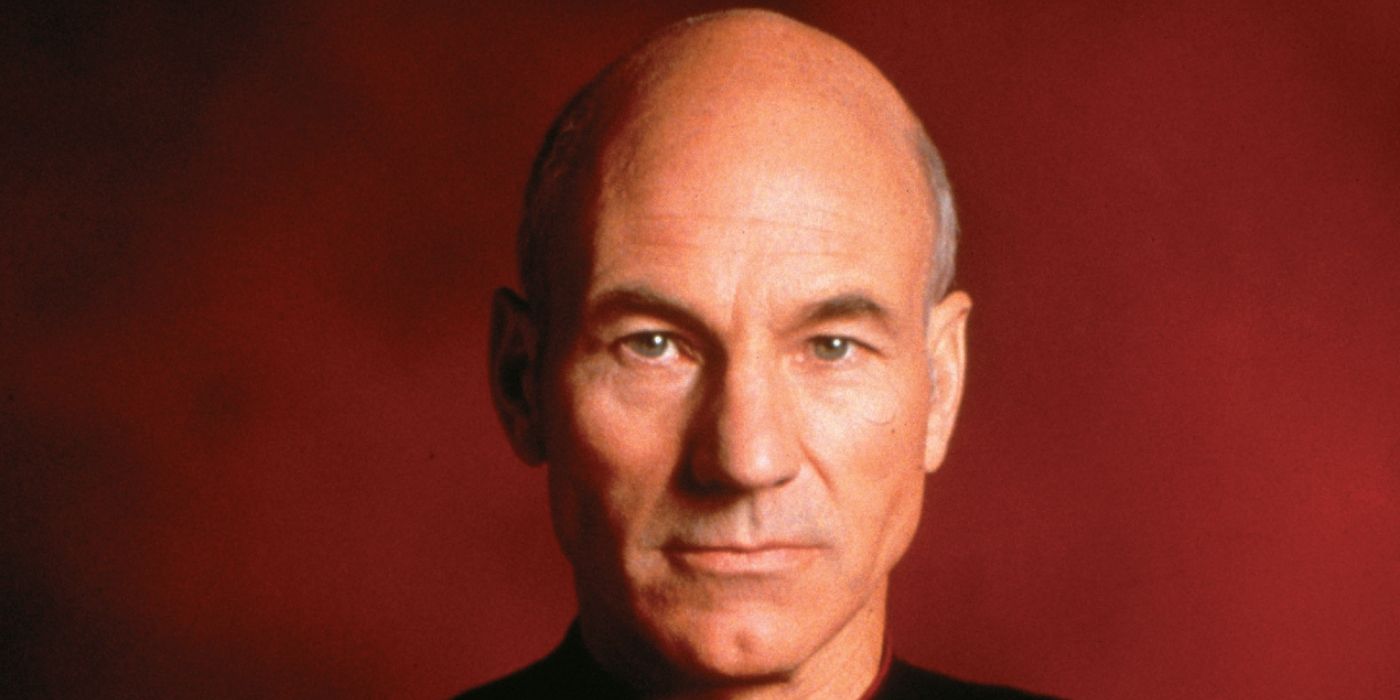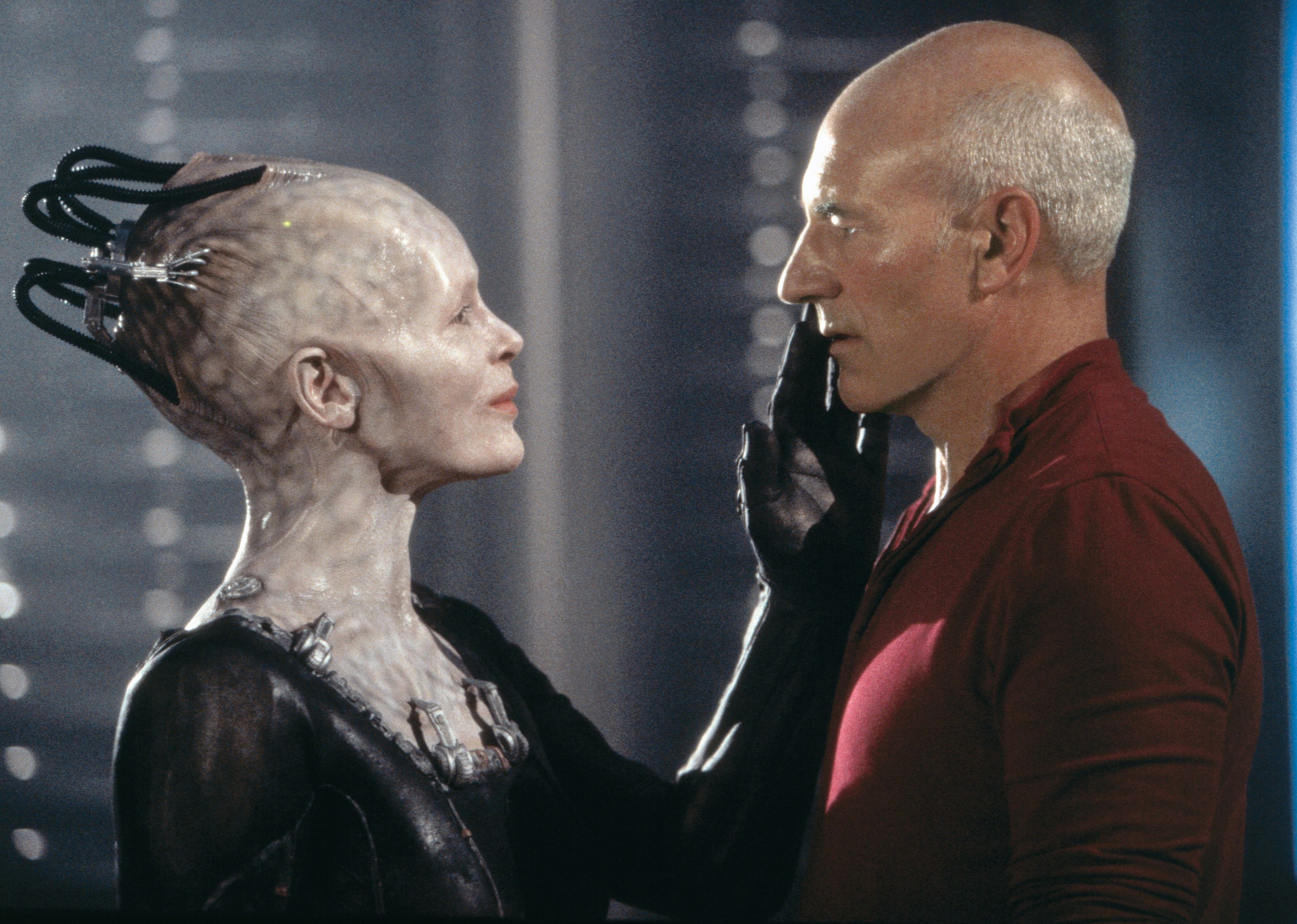There has been a long debate about which Star Trek film takes the long-coveted title of "Best Trek". While some might argue Star Trek II: The Wrath of Khan, starring the incomparable William Shatner as Admiral James T. Kirk, as he and the rest of the crew of the USS Enterprise take on the genetically altered tyrant Kahn (Ricardo Maltaban), a plot that would be recycled years later in the updated film Star Trek: Into Darkness. However, while Khan continues to wow, there are those that believe that Star Trek: The Next Generation's second film outing, Star Trek: First Contact is the superior Trek film because it took on a different style that thrilled Trek fans, new and old.
In a recent interview with The Hollywood Reporter, Ronald D. Moore (Battlestar Galactica, For All Man Kind) who was a producer on the series a few years prior, recounted his time on the much-beloved film and highlighted that at times the creative process was a long and bumpy road. For the uninitiated, First Contact centered around the Next Generation crew being pitted against their biggest adversary: the Borg. The Borg, a race of cybernetic begins, were attempting to go back in time to assimilate Earth into their race at our most vulnerable points in history. Compounding the issue was that, Captain Picard (Patrick Stewart) had a past trauma with the Borg that prevented him from saving humanity's future.
Moore and co-writer Brannon Braga, executed the story by implementing what they called "an 'upstairs, downstairs' take on the story". They would put Commander Riker (Jonathan Frakes) who also directed the film, on the Enterprise and had Picard down on the ground helping a new character to the franchise Cochrane (James Cromwell).
“We did at least a draft or two of that version, and I know Patrick wanted to be on the ship. Patrick had really liked doing the [TNG episode] “Starship Mine,” where he was alone on the Enterprise-D and running around. And I think he overtly referenced that in a way like, ‘I would really like to be the one on the ship fighting the Borg, instead of down on the surface.’ And Rick Berman relayed that to us, and I think Brannon and I just immediately went: ‘That’s better. That makes more sense.’ So we flipped it.”
However, like most Hollywood screenwriters, after several drafts were submitted to the studio, Paramount, Braga and Moore would discover that they were being replaced as the writers on the project. As Moore puts it, there was a point "where Patrick wanted some rewrites of his scenes, and he pressed Rick [Berman, who was given a story credit] to bring on his own writer to do that. Rick did it, and Brannon and I were not happy. I wasn't particularly aggrieved about it, but then, that didn't work out."
And, also like most Hollywood screenwriting stories, those rewrite pages were thrown out and Moore and Braga were brought back on, which provided some tension on the set. As the writers and Stewart were in Stewart's trailer, where Moore recalls:
“I remember Patrick at the outset just said something like: ‘It’s good to see you. I hope that we can all move on from the things that have happened, and now let’s just concentrate on the work.’ And I took that in the spirit it was given: [He] wants to move on from this, he’s not going to apologize outright, but he kind of is apologizing. And it was never spoken of again. So we just moved on.”
It's often hard to remember that making a movie, while a collaborative effort, is also a business. Sometimes the work comes to you, is taken away and the comes home to roost. Even Moore might agree that, just as they say in The Godfather, it's business—never personal.


